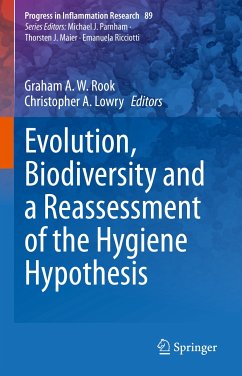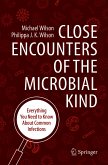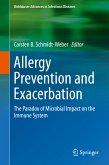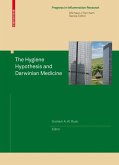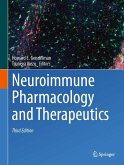This edited collection of 12 chapters by research workers from a wide range of disciplines resolves the confusion that currently surrounds the "hygiene hypothesis" by considering the human need for exposure to microorganisms from an evolutionary point of view. The book explains why we evolved a requirement for exposure to microbiota from our mothers, from other people, and from the natural environment. It also explains the physiological roles of these exposures, what goes wrong when the exposures are distorted and how human lifestyles and activities, including degradation of the natural environment, are leading to this distortion. Particular attention is given to the range of pathologies associated with inappropriate microbial exposures and inappropriate colonization, including immunoregulatory problems such as allergies and autoimmunity, metabolic problems such as obesity and diabetes, and problems of central nervous system function and neurodegeneration. This book is of profound relevance to most medical disciplines, but also to those concerned with preserving the natural environment and with developing healthier urbanisation.
Dieser Download kann aus rechtlichen Gründen nur mit Rechnungsadresse in A, B, BG, CY, CZ, D, DK, EW, E, FIN, F, GR, HR, H, IRL, I, LT, L, LR, M, NL, PL, P, R, S, SLO, SK ausgeliefert werden.

